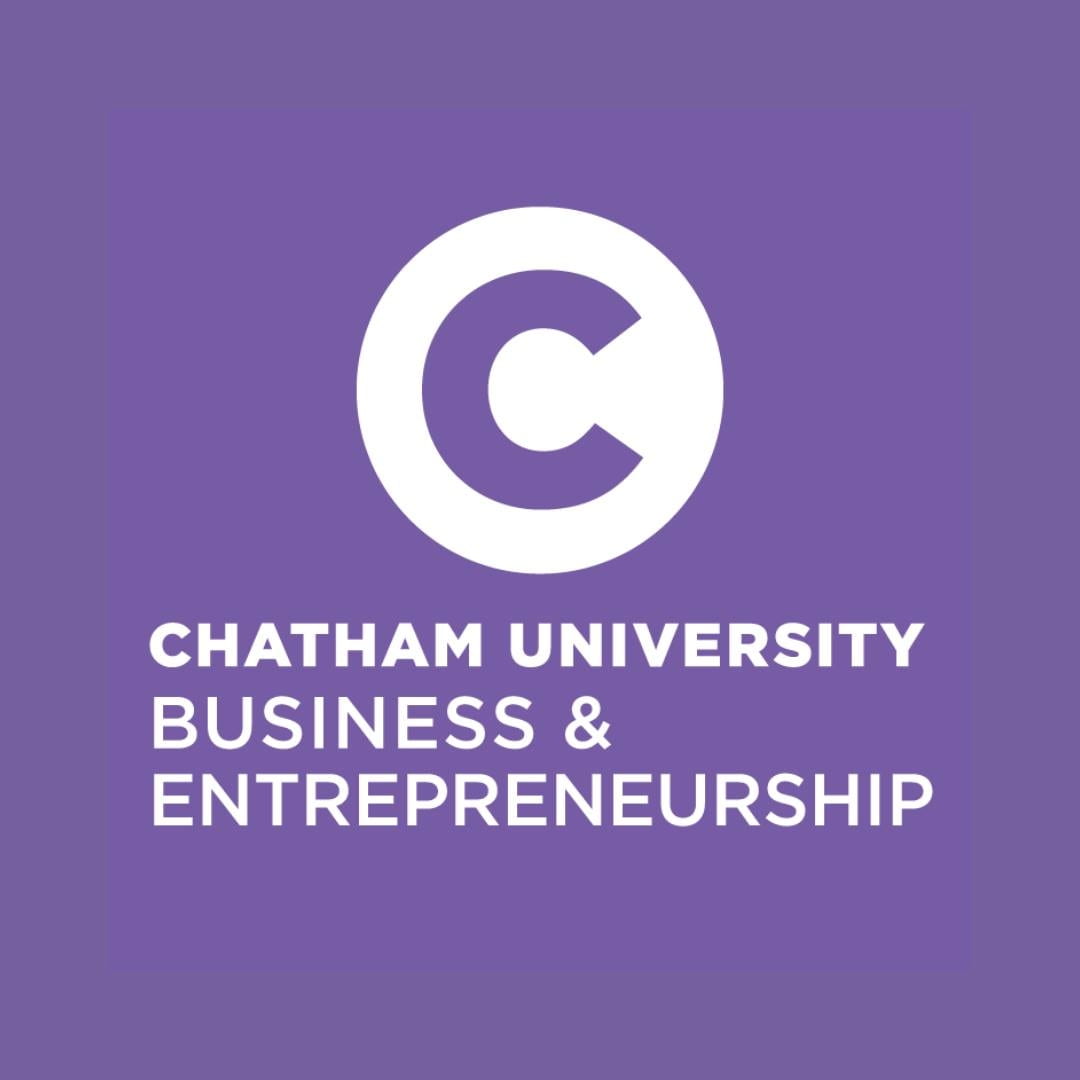
On March 29th, 2016 Kelsey Halling, Director of Impact at Thread International, presented to students on behalf of Chatham’s Net Impact Chapter. Kelsey’s presentation focused primarily on how this Pittsburgh-based organization creates “the most responsible t-shirt in the world”. Through its work, Thread International creates positive social and environmental impacts in the disenfranchised nation of Haiti.

Thread International was created and founded by CEO, Ian Rosenburger 2010 (you may recognize his name from the CBS show: Survivor Palau- 2005). Ian was motivated to found Thread when he visited Port Au Prince shortly after the devastating earthquake in Haiti. Kelsey noted in her presentation that Ian had kept a journal of his journey while in Haiti, and wrote in his field notes “trash = $ = good.” By observing so much trash in Haiti, the idea behind Thread was born- converting plastic bottles into environmentally and socially sustainable fabric.
Thread turns trash from Haiti into responsible fabric. According to Thread’s 2015 Impact Report, they have been able to “support more than 3,575 income opportunities and jobs in collection of plastic bottles across Haiti.” This has made a significant impact in the lives of many Haitian families who may not have had an opportunity for fair pay and safe working conditions provided by Thread. Employment is not only helping the economic viability of the country, but also improves the environment by “up-cycling” plastic bottles which would have otherwise piled up in landfills.
Environmental Sustainability
After the recycled bottles are collected by Haitian workers, the manufacturing, sewing, and printing of fabric is completed within the United States. One of the key strategies of Thread is that their fabrics are died and printed by a company that specializes in environmentally friendly dyes and utilizes water conservation processes. This is a paramount step in their process because “the textile industry in the second most polluting industry in the world, behind the oil industry,” explains Kelsey. Cutting out toxins from dyes and the pesticides used to grow the cotton that goes into their fabric is a commendable practice. Most textile operations throughout the world have convoluted supply chains, dangerous working conditions, unfair wages, and use harmful chemicals in their manufacturing processes. Thread prides themselves on having a completely transparent supply chain. Kelsey takes this idea a step further by saying that “Making polyester fabric is not a new technology, it is our supply chain that makes our business special and gives us a unique story to tell.”

Currently, Thread is in the process of receiving certification by the Cradle to Cradle Institute, which sets rigorous standards to guide designers and manufacturers through a continual improvement process that looks at a product through five quality categories — material health, material reutilization, renewable energy and carbon management, water stewardship, and social fairness. To stay caught up with Thread’s latest happenings and achievements follow them on Facebook, Twitter (@ThreadIntl), and Instagram(@ThreadIntl).
Chatham University’s Falk School of Sustainability Master of Sustainability program, in partnership with Chatham’s Master of Business Administration program, has developed a dual degree program that prepares graduates for sustainability management and leadership positions across all sectors including business, government, and non-governmental organizations. The program includes foundational coursework in both business and sustainability.



